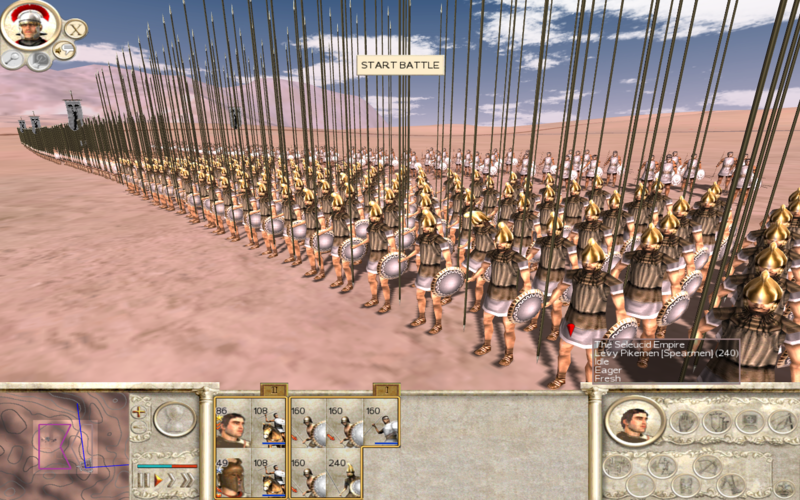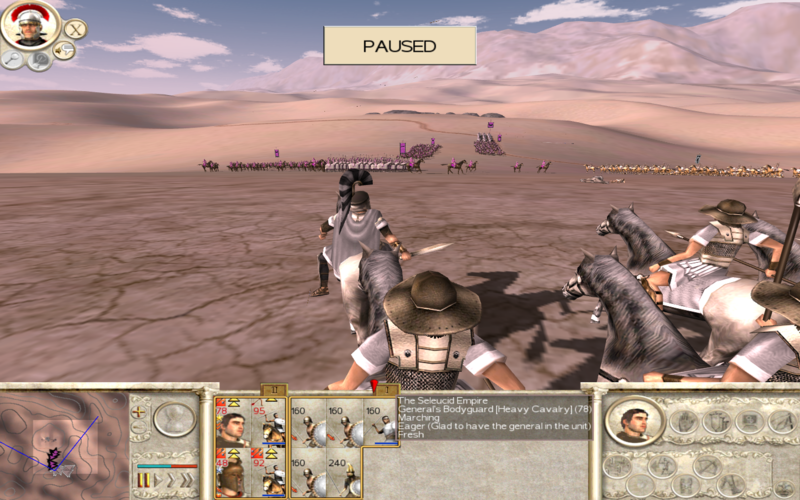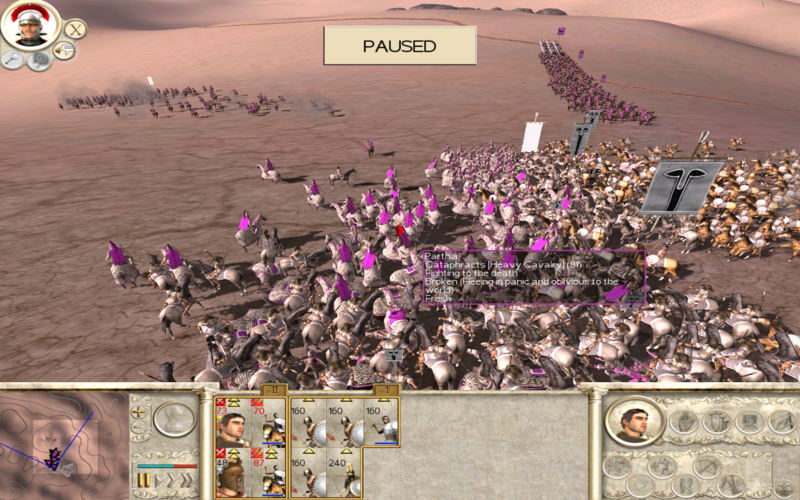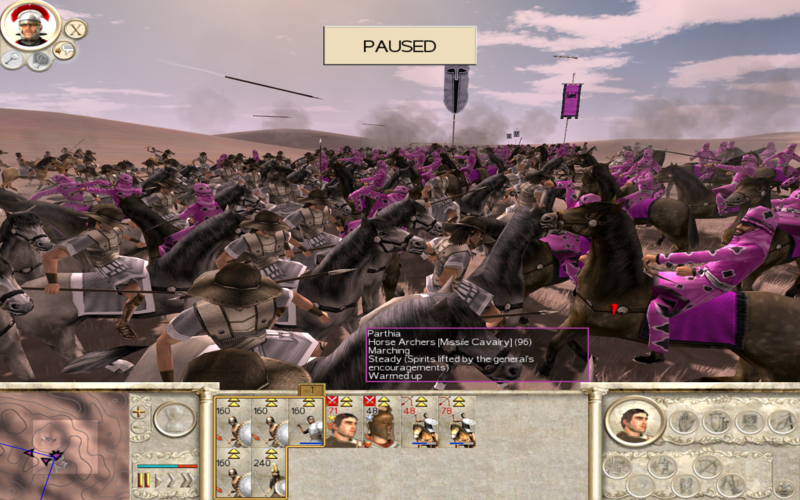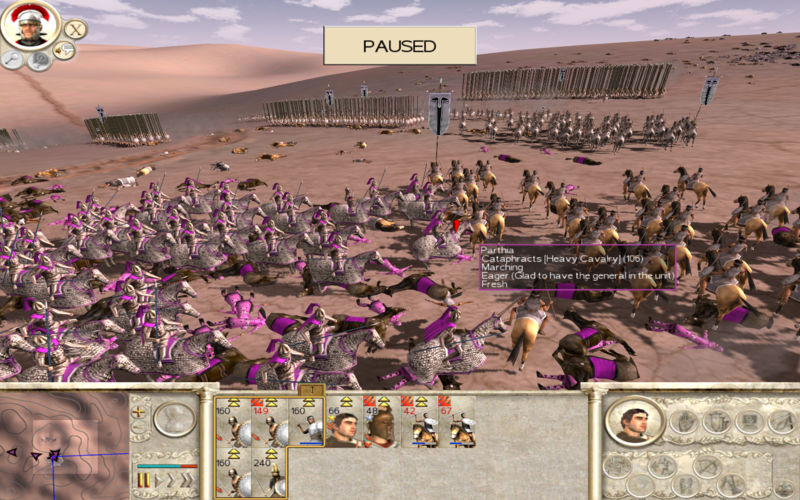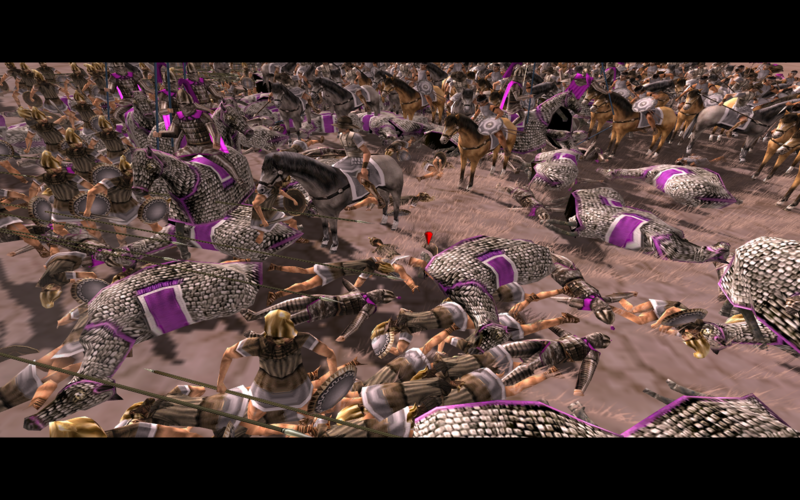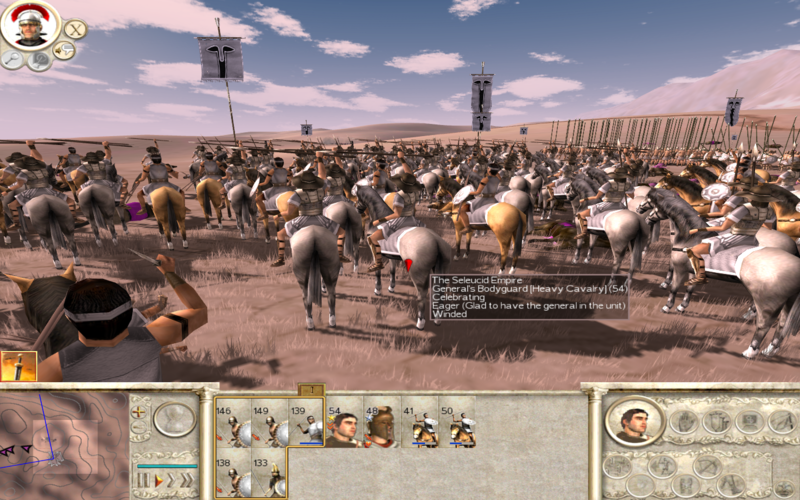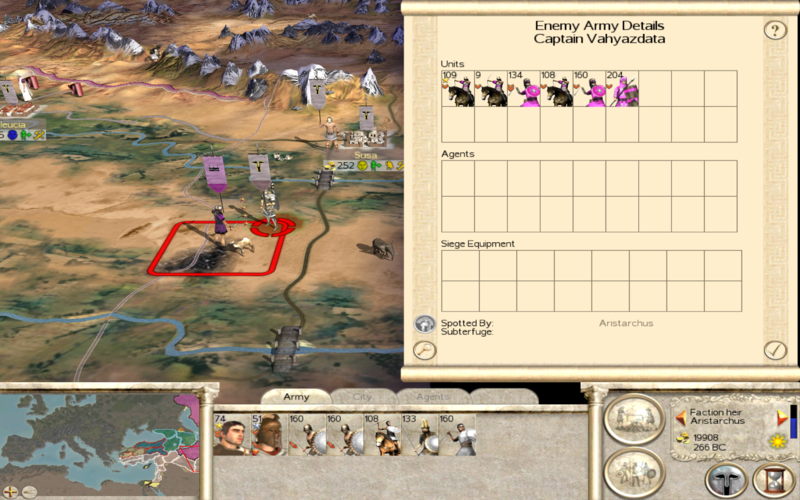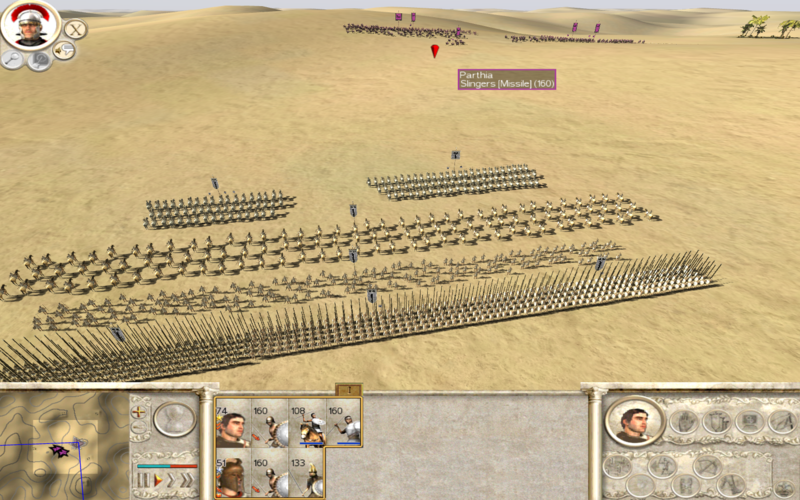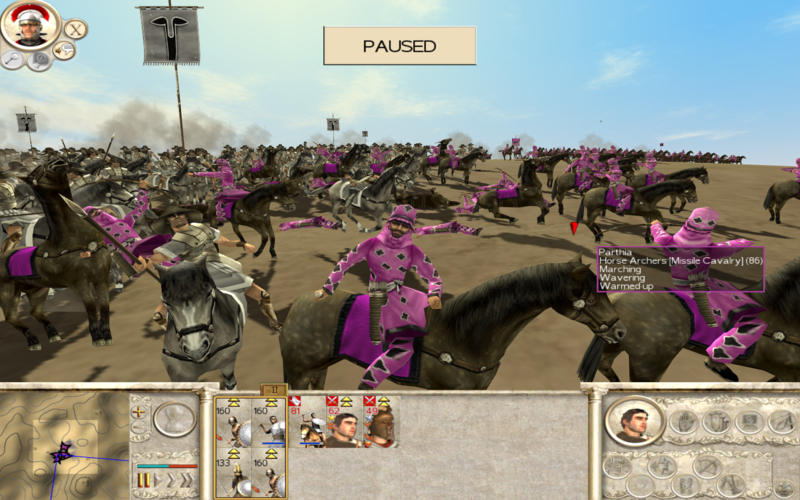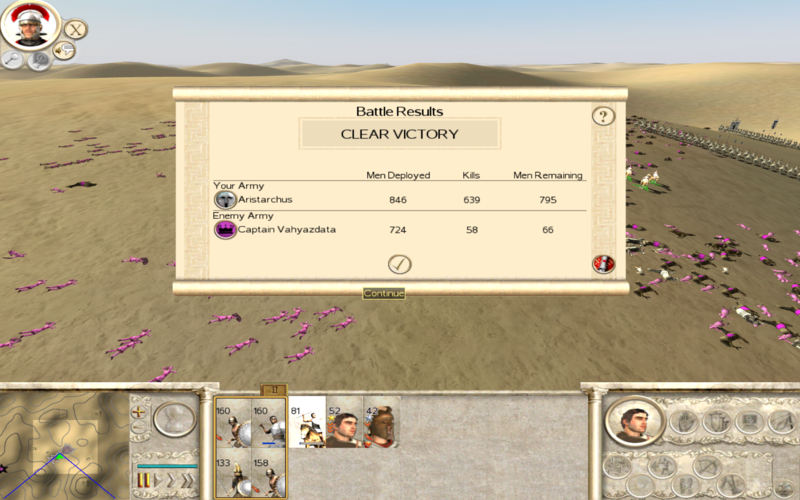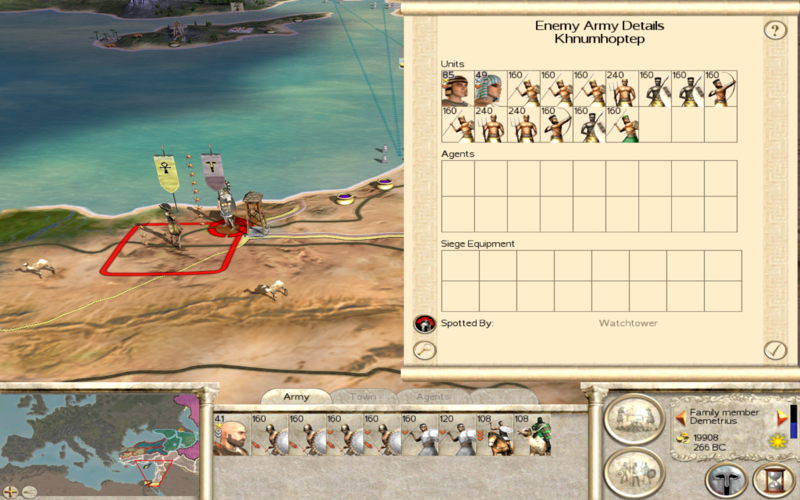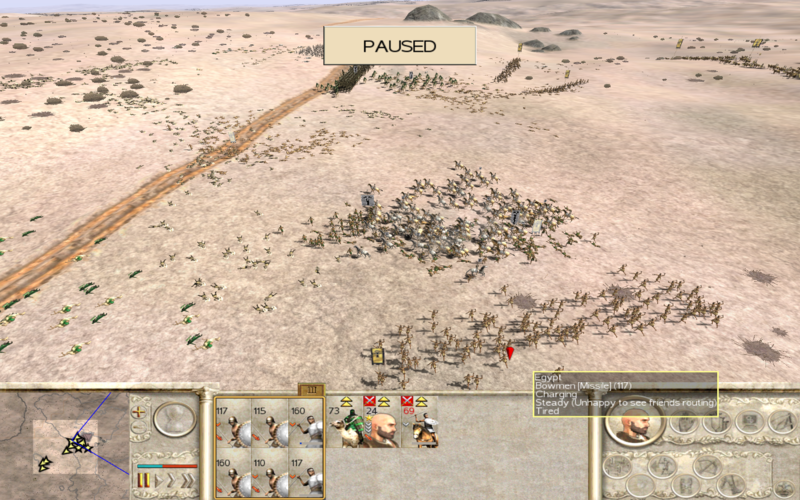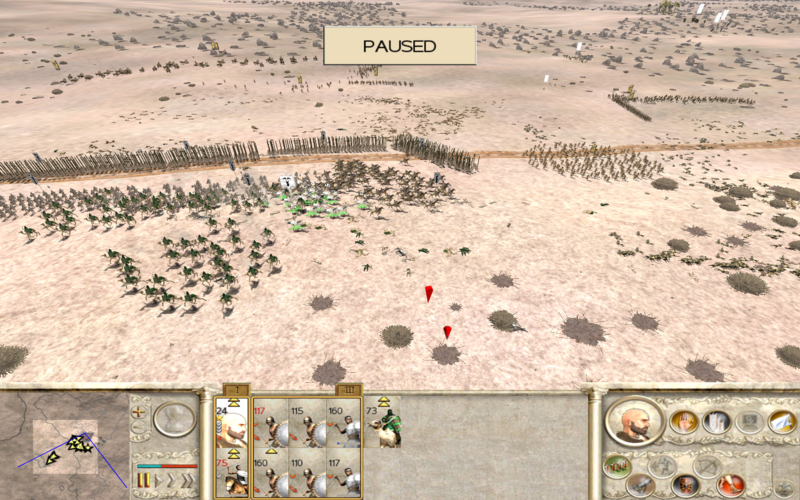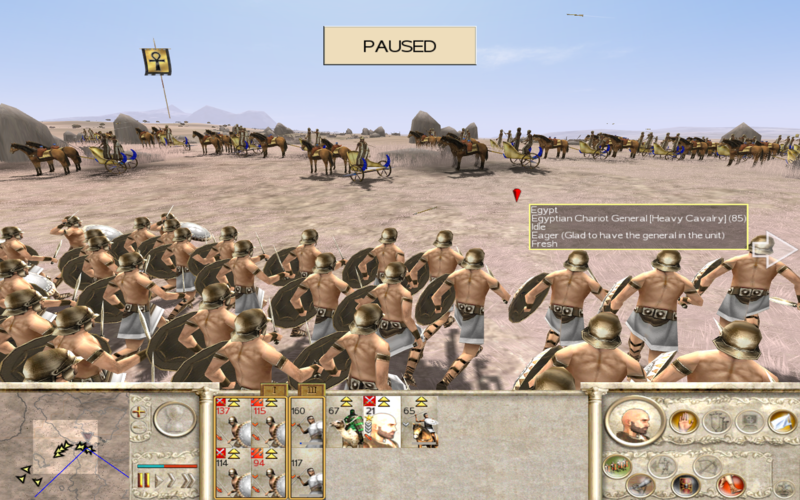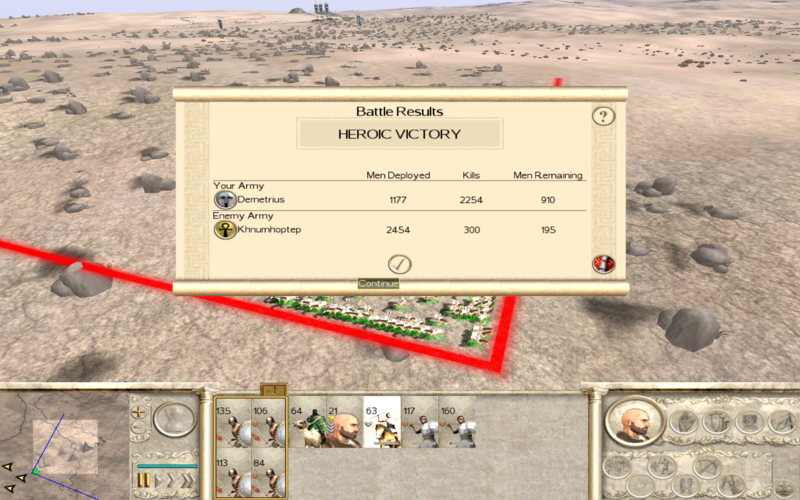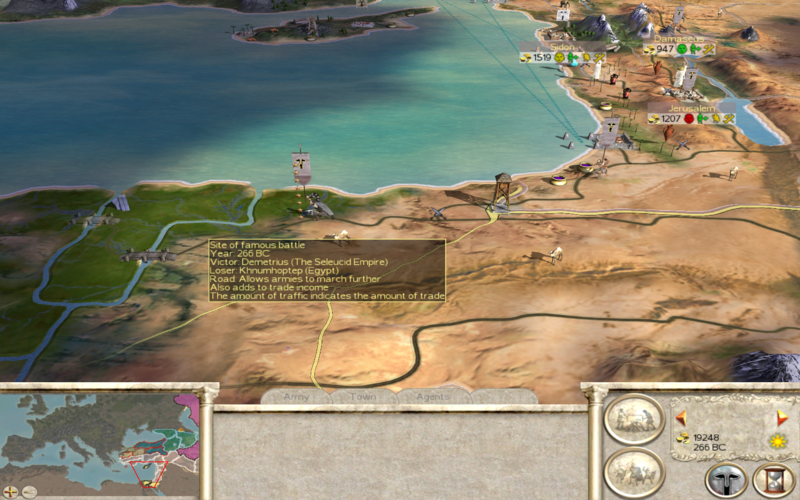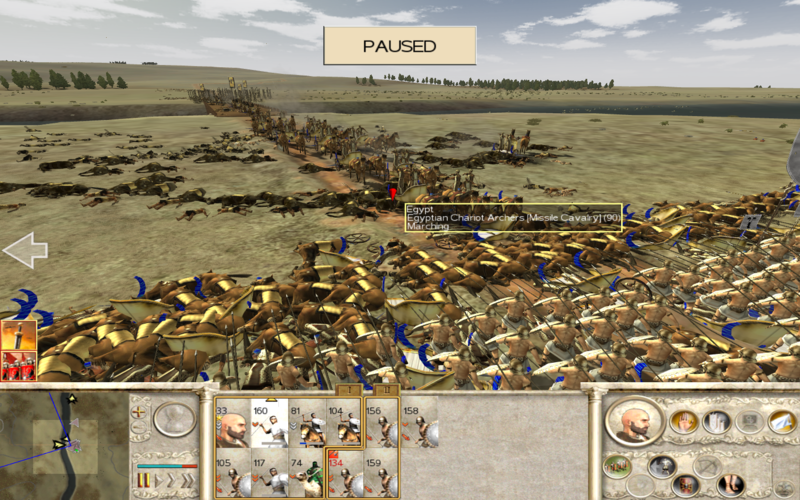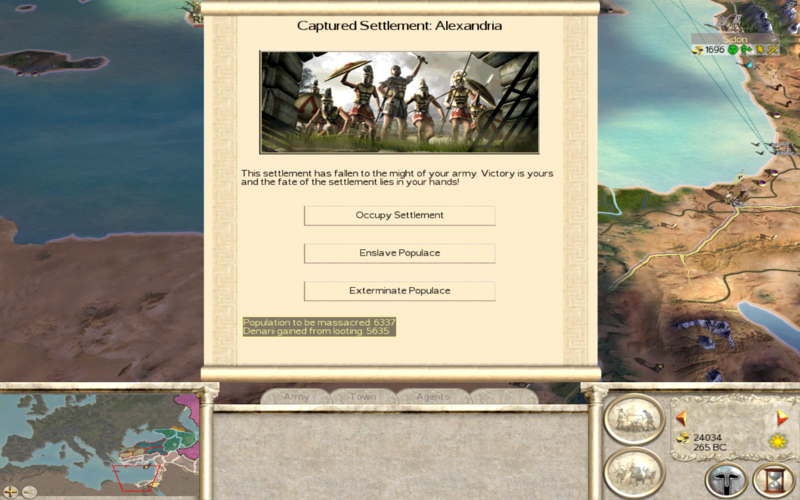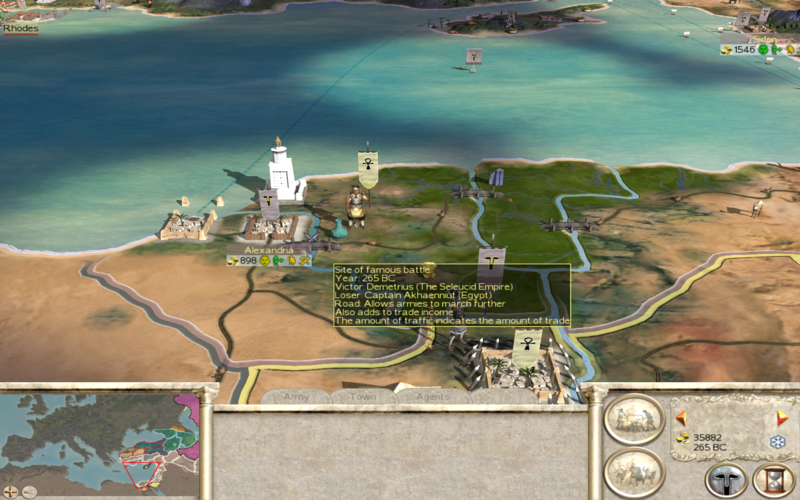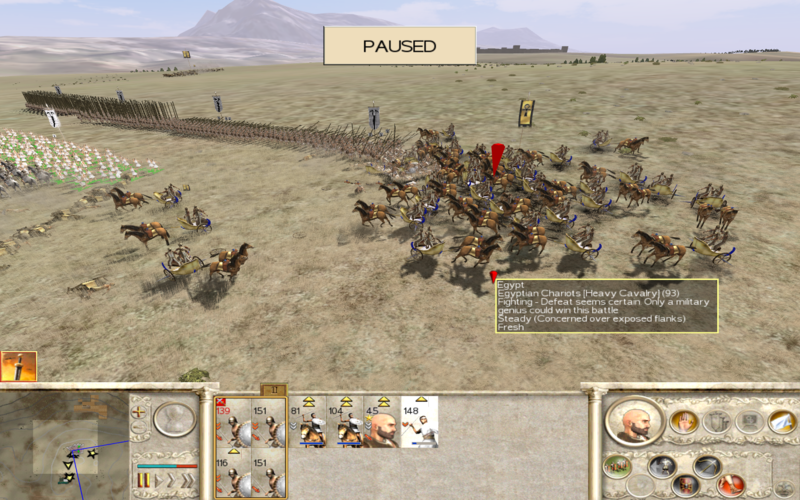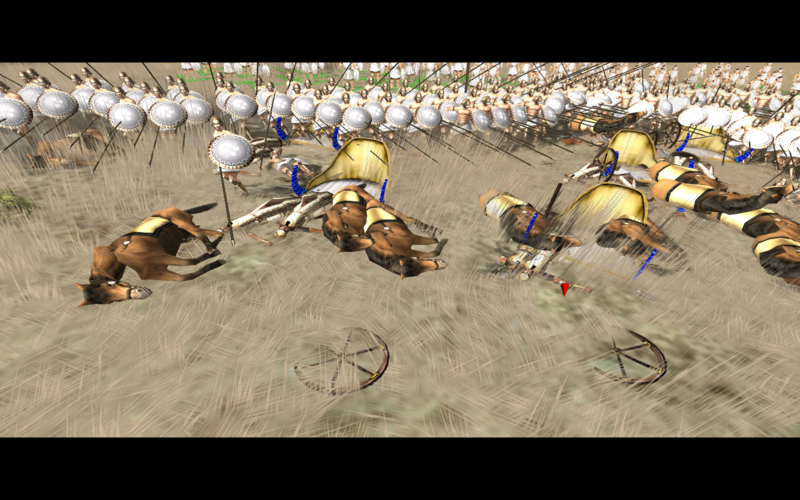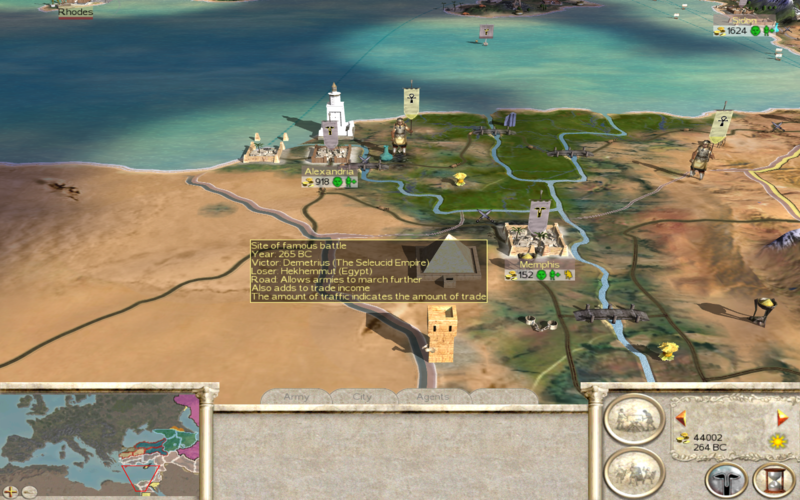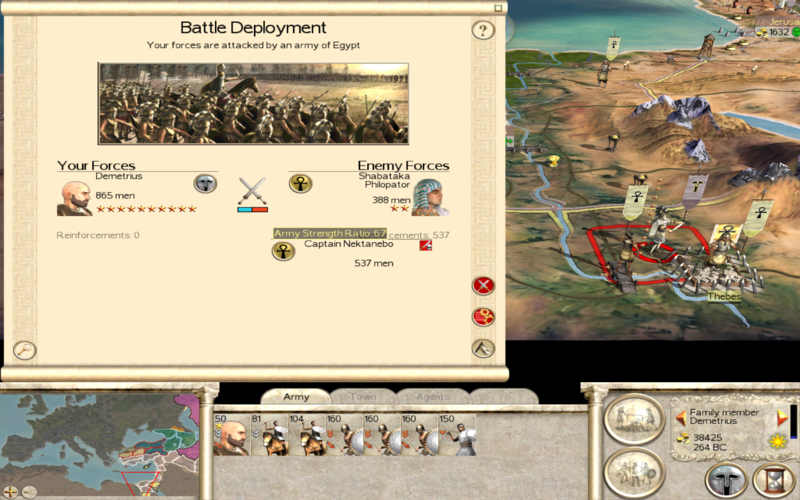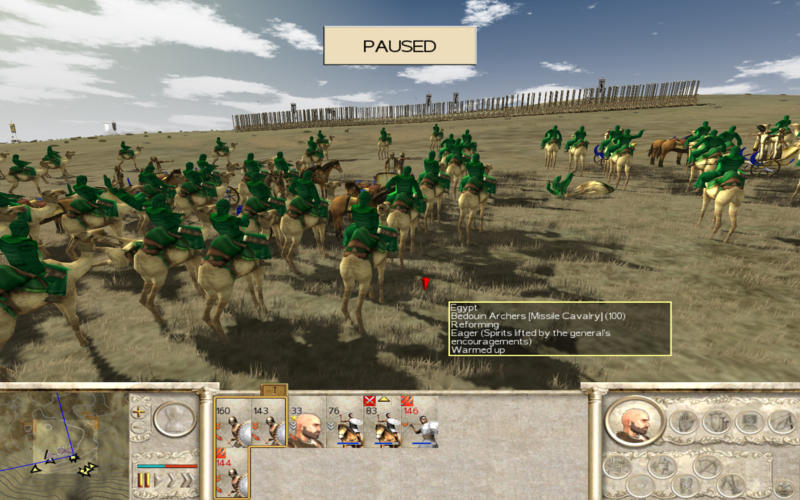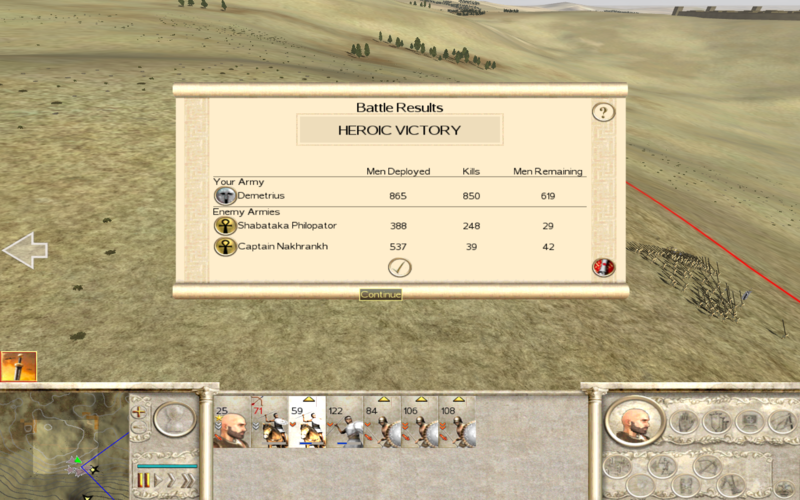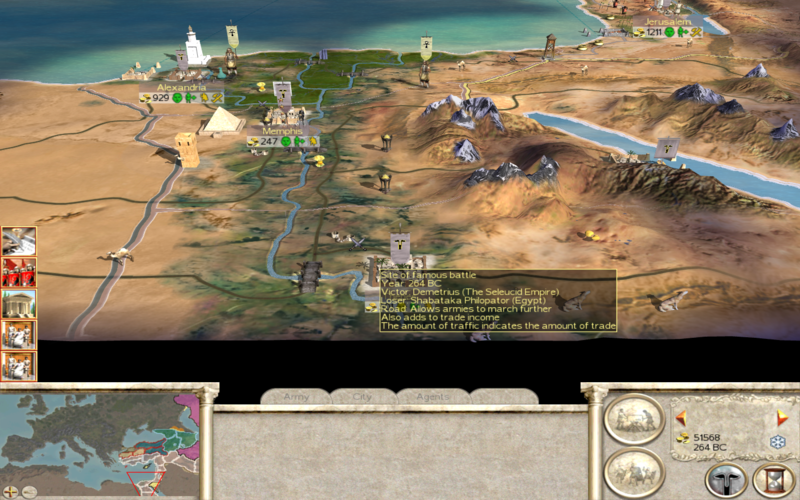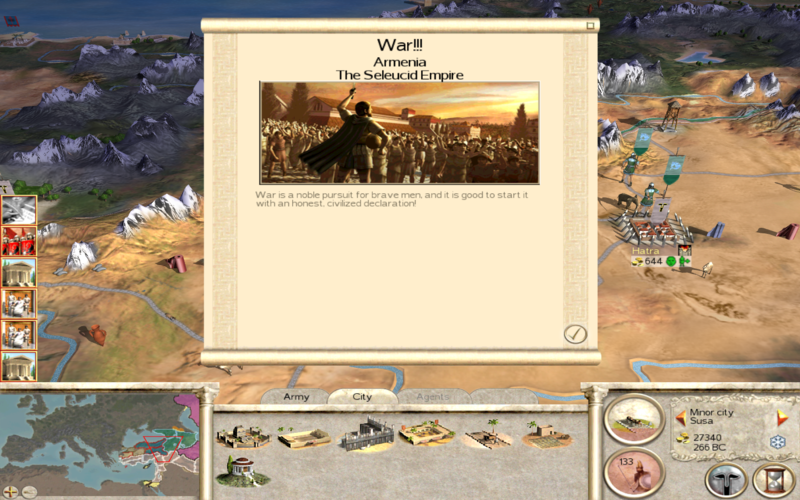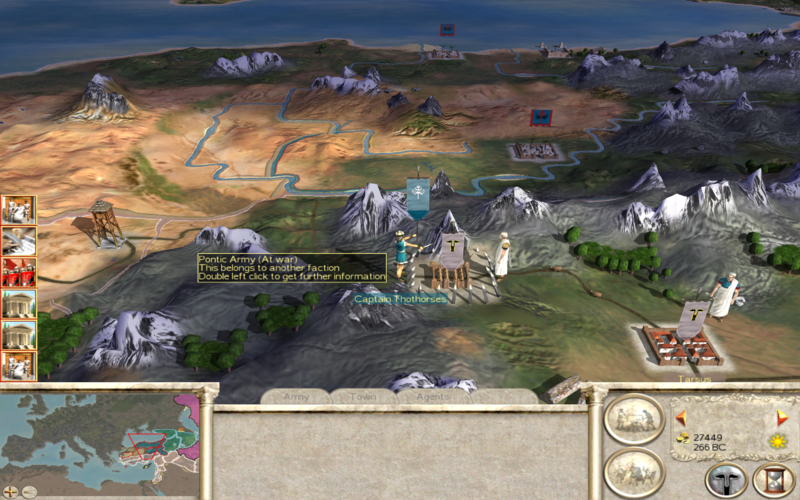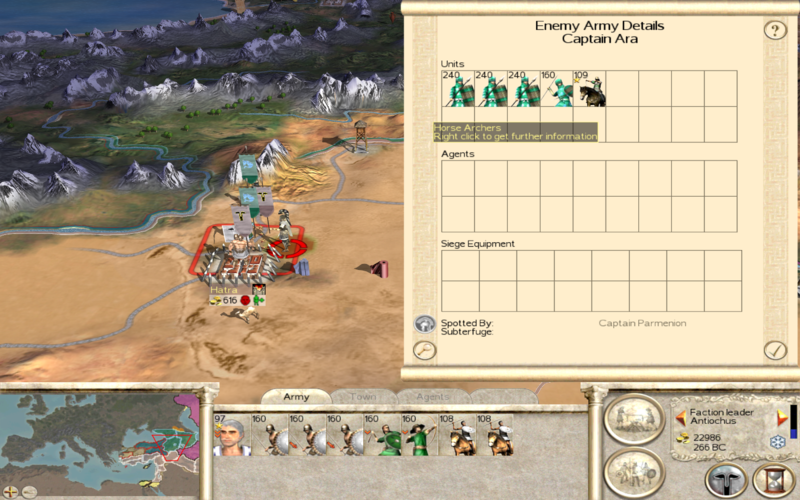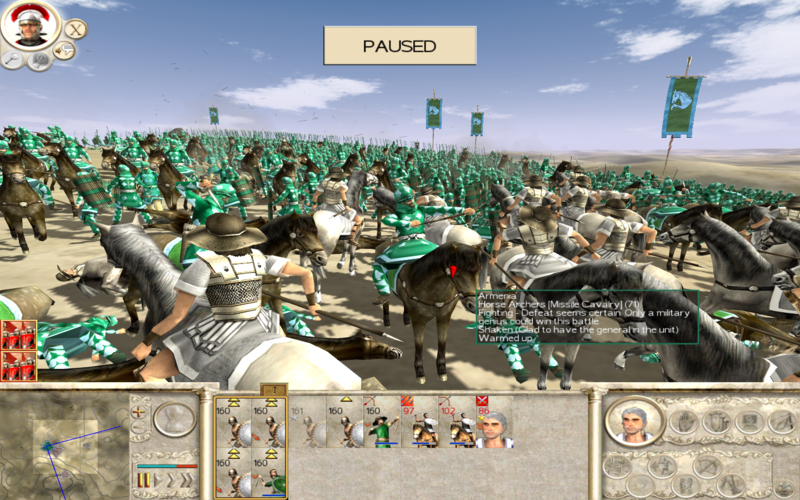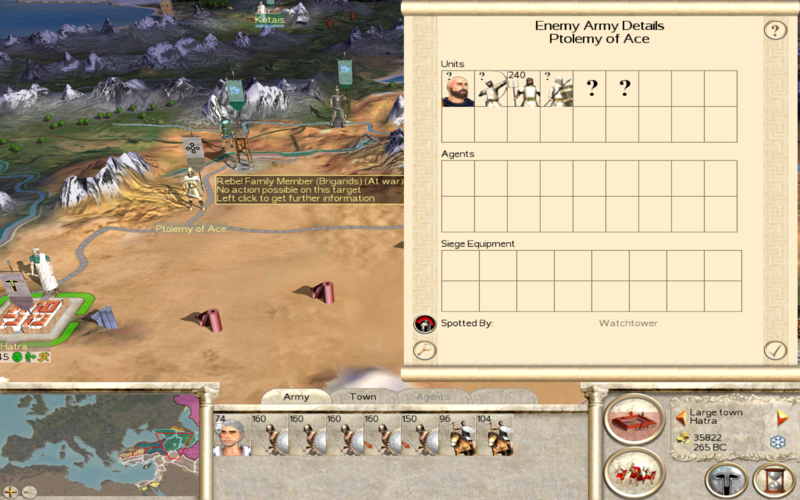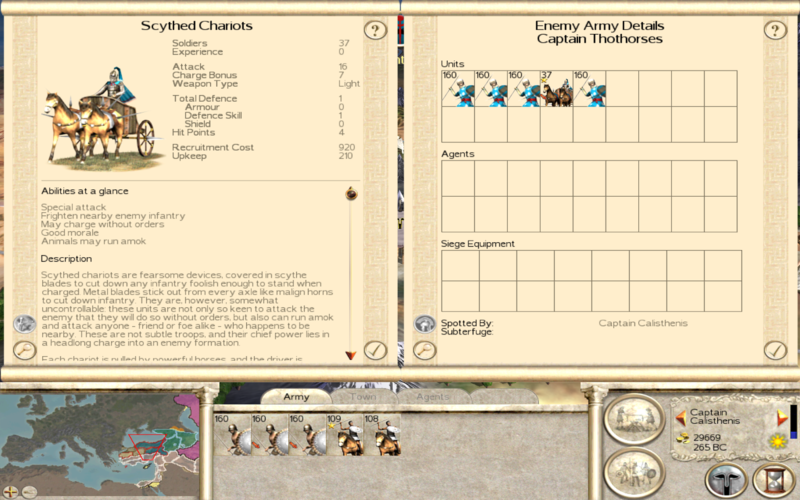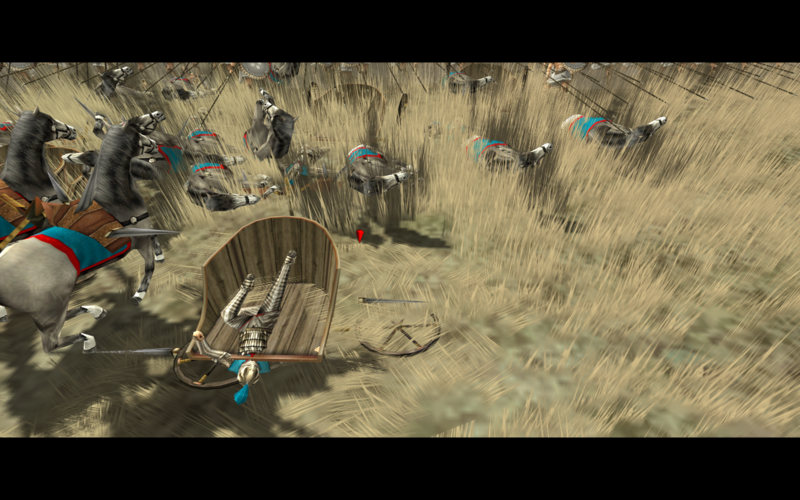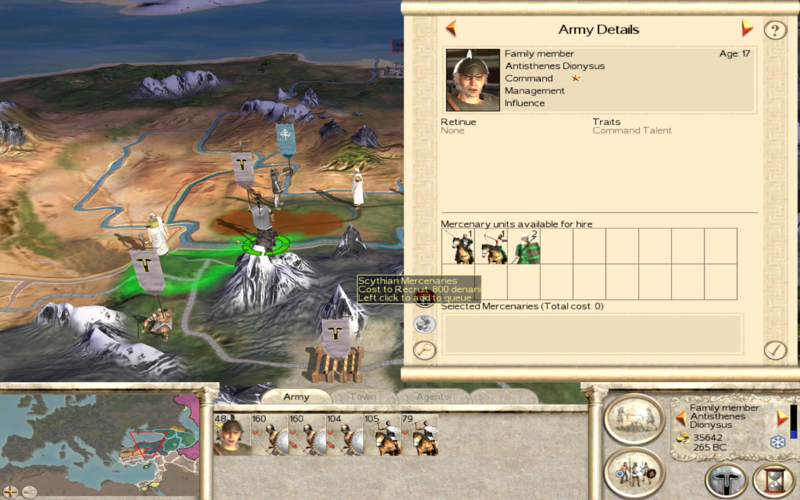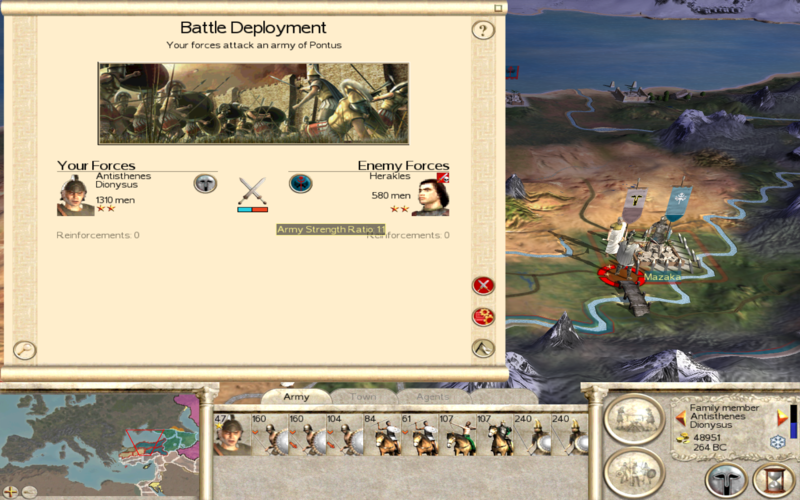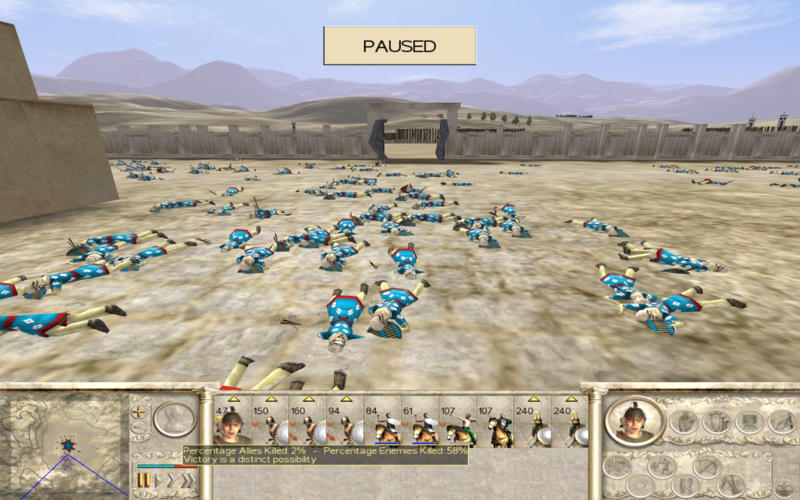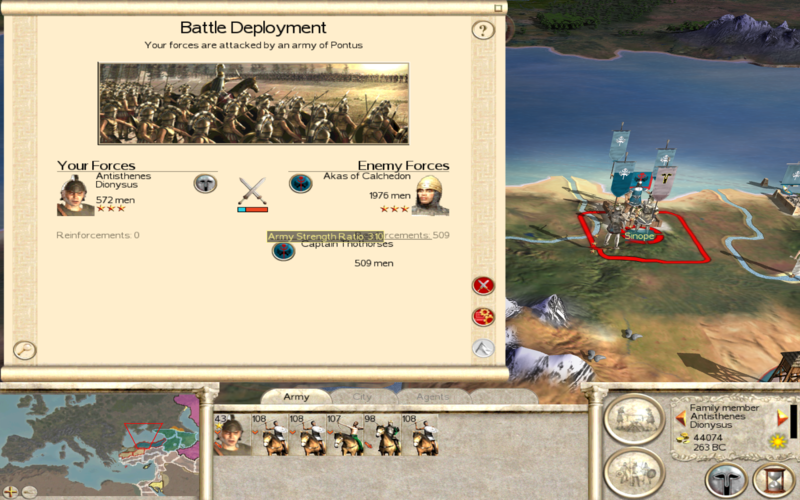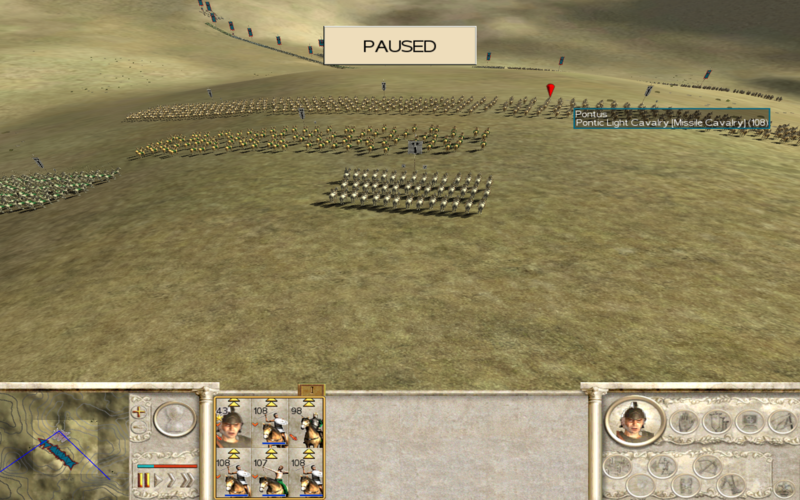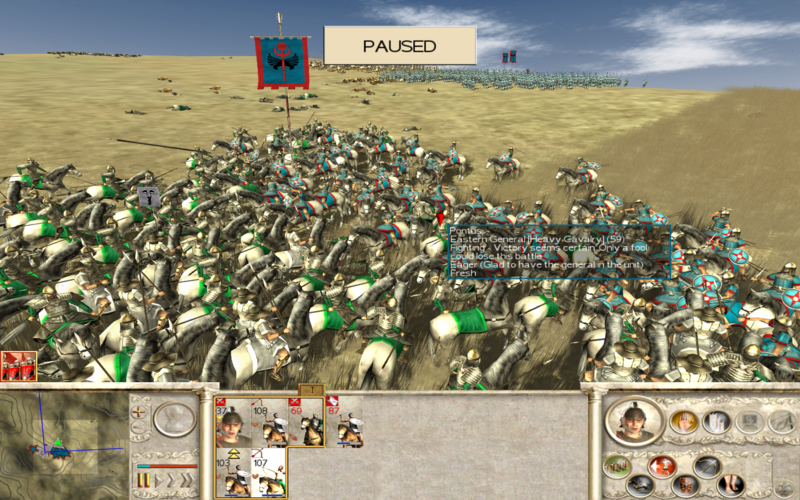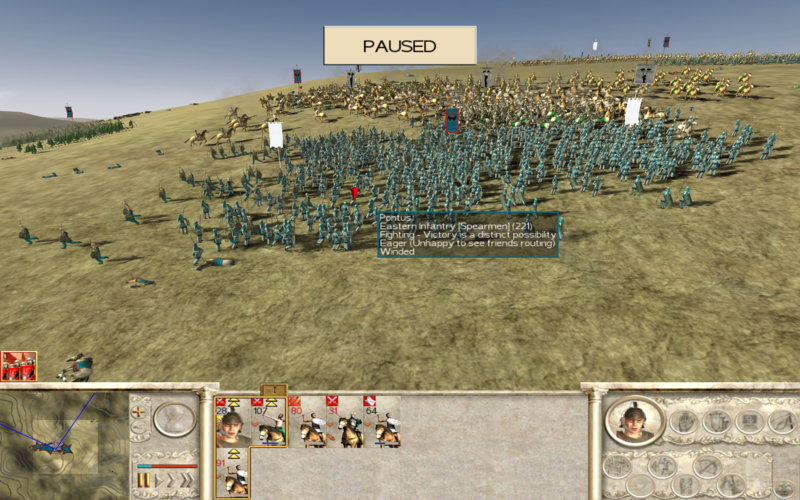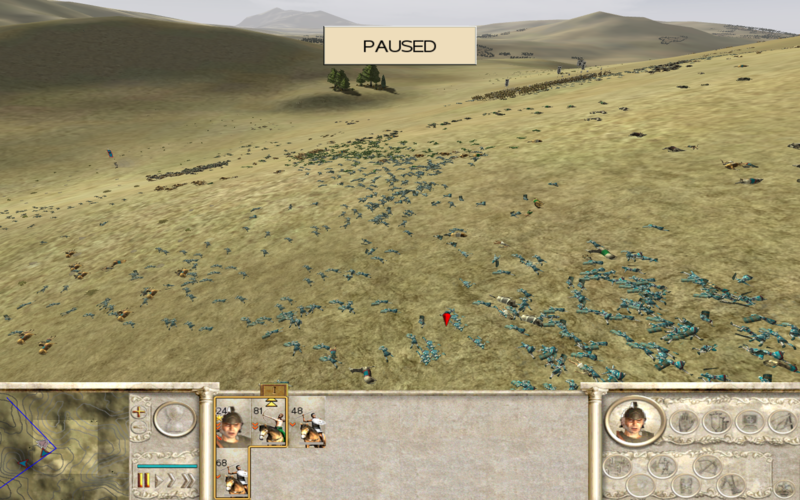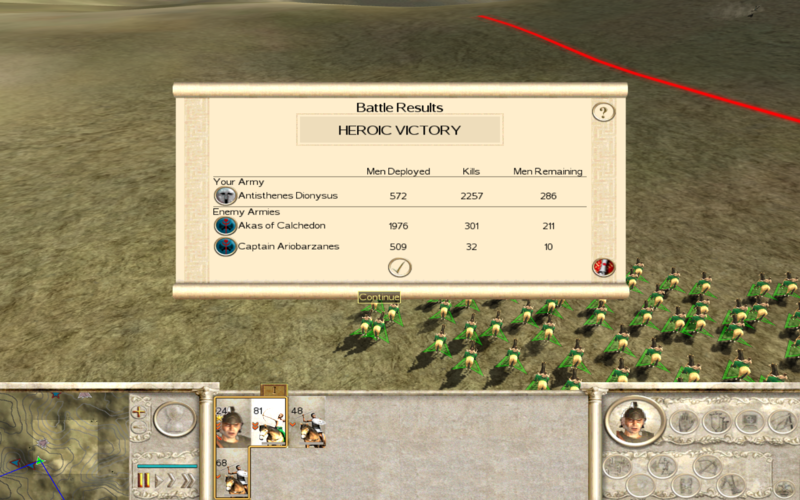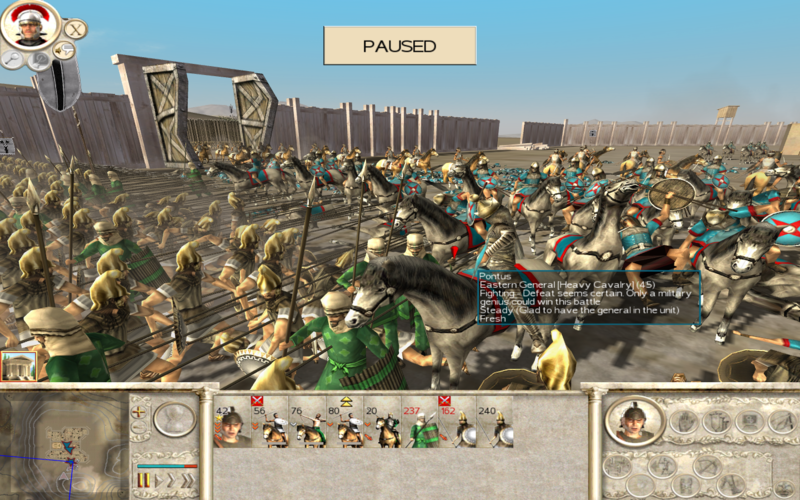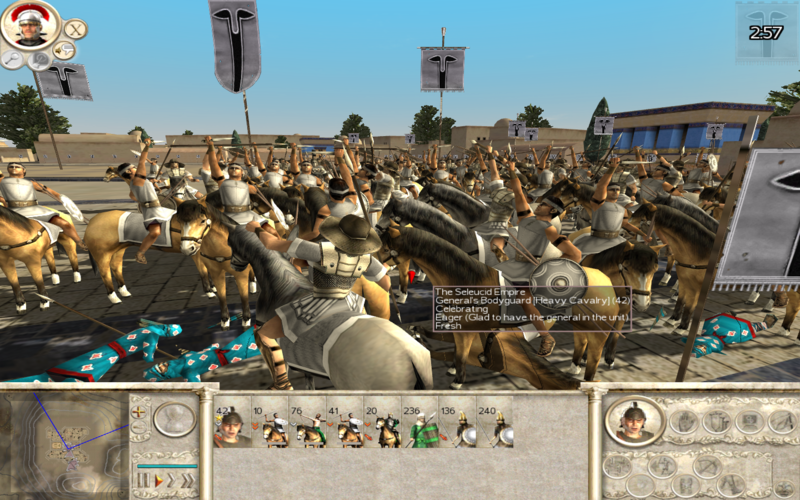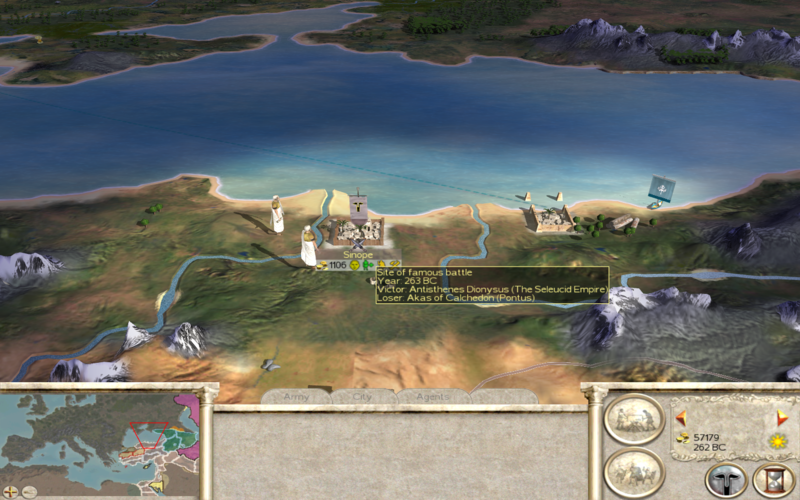Where the Sun Rises
While Demetrius was busy with eliminating the Egyptian threat to Hellenism itself, new enemies appeared at the gates. The Pontic and the Armenian Kingdoms - both ruling over the poor tribes of the Northern mountains - tried to make their ways into the rich plain lands of Cilicia, Syria and Northern Mesopotamia. This posed a grave danger to the very core of the Seleucid Empire itself; and it was King Antiochus who had to prove his skills as a general by leading the local forces to meet these challenges. While fortifications halted the advance of the Pontic forces in the Taurus mountains, the monarch could rush into the lands of Assyria to clash with the attacking Armenians.
While it was still the Hellenic militia that composed the bulk of the Seleucid army, the successes of recent years slowly showed their effects: Cretan archers and Rhodian slingers also arrived from the Alexander, the satrap of Ionia and Lycia. They were to be especially powerful assets against the Armenian army, that adopted the extensive use of horse archers from the Parthians. Once again, it was the undisciplined nature of the invaders that helped the cause of the Seleucids. The bodyguards of King Antiochus swept the resistance of the Armenian horse archers away; the low-quality infantry of the Armenian army could not stand a chance without their support.
Due to their defeats, dissent appeared in the Armenian army that also proved to be lucky for the cause of the defenders. A portion of the Armenian forces rebelled and erected a pretender as opposed to the Armenian king; the attackers became preoccupied with the suppression of the revolt instead of the invasion itself.
At the same time, the Pontic forces of invasion and the Seleucid army defending Cilicia also clashed in the mountains. The army of the Easterners was more fit for raids rather than proper campaigns; its only dangerous component were the scythed chariots based on the imperial Persian models.
While the Pontic Kingdom utilised this with great effects in its campaigns to conquer Cappadocia – but their charge proved fruitless against the spear wall of the phalanx.
Upon experiencing such a feeble attempt of conquest, King Antiochus tasked the young Antisthenes Dionysus - son of Alexander - to punish the Pontics. The orders of the Seleucid general were quite simple: to attack the Pontic satrapy of Cappadocia - and then, the heartland of the enemy itself.
After Syria, Egypt and Mesopotamia, the Seleucids found yet another battlefield for their reconquista: Anatolia - which name meant ‘sunrise’ in Ancient Greek. Divided between various states warring with each other, the contemporary conditions of the land were quite anarchic. Thus, it was no surprise that Sarmatian mercenaries offered their services to Antisthenes before the start of his campaign; the Seleucid army reinforced with their units readily marched to the centre of Cappadocia, the city of Mazaka.
It was revealed during the siege that the inclusion of the nomads was a wise choice from Antisthenes. The arrows of the Sarmatians took quite a toll from the Pontic defenders of Mazaka.
On the other hand, the Seleucid infantry experienced troubles within the walls of the settlement. While it was easy for them to bash the wooden walls of the settlement with battering rams, the phalanx proved to be hard to manoeuvre inside the city. The heavy cavalry of the Pontic defenders used this fact to their advantage and attacked the Hellenic soldiers. Unable to use their long pikes effectively, the Seleucid infantry could only prevail at the price of heavy casualties.
Still, the Pontic resistance seemed to be quite weak: after one failed attempt of attack, they already lost the province of Cappadocia to the Seleucids. This was the fact that might have made Antisthenes overly bold: leaving his recovering infantry behind, the general ravaged the central lands of Pontus itself with his cavalry. He got close to the capital Sinope itself – where he was ambushed by an army four as big as his according to the Hellenic historians. Without a chance to withdraw, the small forces of the Seleucids had to stand their grounds in alien territory.
Yet, Antisthenes had an advantage similar to that of his father during his campaign in Lycia: he was in charge of a quite mobile and disciplined force as opposed to the Pontic army, that featured large masses of low-quality infantry. He was also a late, but fateful disciple of Alexander the Great: he knew that he could only win by swiftly attacking and defeating the Pontic leadership, as thus the enemy army would lose its head and become disorganised. Being able to avoid the grasp of the enemy infantry, the Seleucid general quickly eliminated the enemy cavalry at the right flank of the enemy.
It was only after his victory in the ensuing cavalry fight - that ended with the escape of the Pontic leadership from the battlefield - that Antisthenes could turn his attention to the hostile infantry. The Seleucid cavalry, this quick serpent bit into the enemy mass from various sides; while the Pontic infantry fell in masses, they also inflicted casualties on the Hellenic cavalry - quite serious ones due to its lower numbers. Still, the mobility of the cavalry finally prevailed over the disheartened enemy.
Although at heavy costs, but the Seleucid army still won an unbelievable victory in front of Sinope.
The city of Sinope fell shortly as well as the Hellenic reinforcements arrived soon. Upon the experiences of Mazaka, the Seleucid infantry advanced more cautiously this time. The attacking Pontic cavalry found itself in the surrounding claws of the enemy forces.
The Hellenic forces scored a well-earned victory - and now, the Seleucid Empire dominated all lands from the Red to the Black Sea.
With the threat coming from Anatolia defeated, it was time for the Seleucids to secure their rule over Asia – that could only became possible through their offensive to the mountains defended by the horse armies of Armenia and Parthia.



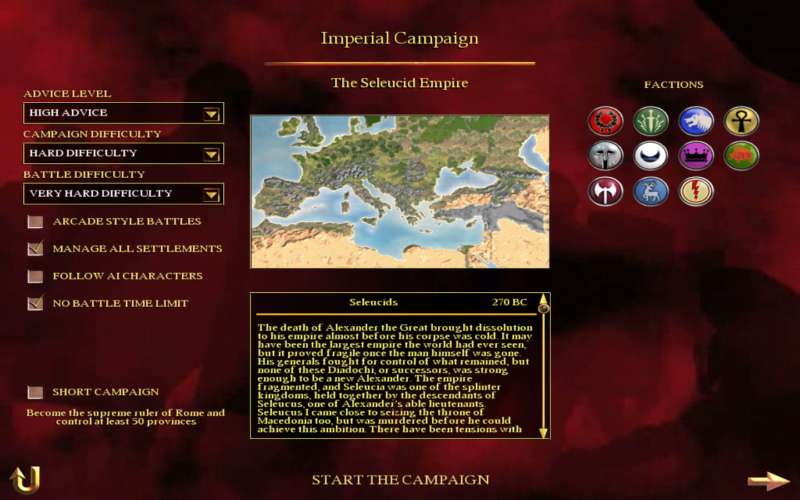

 Reply With Quote
Reply With Quote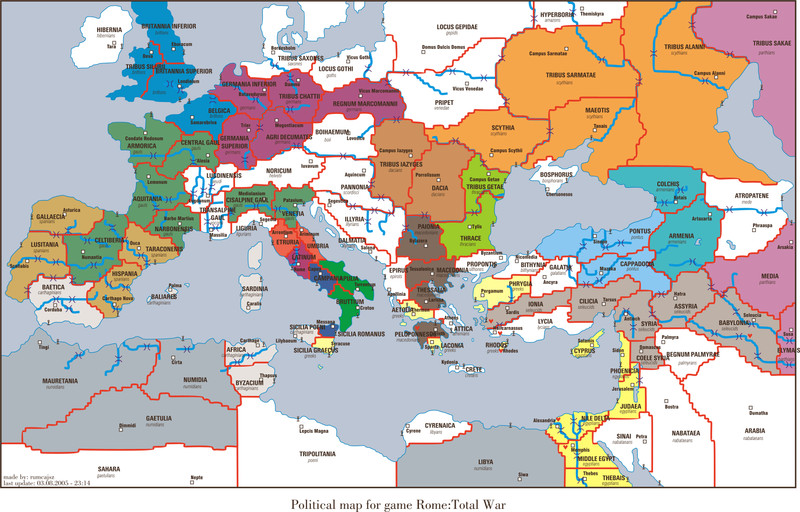

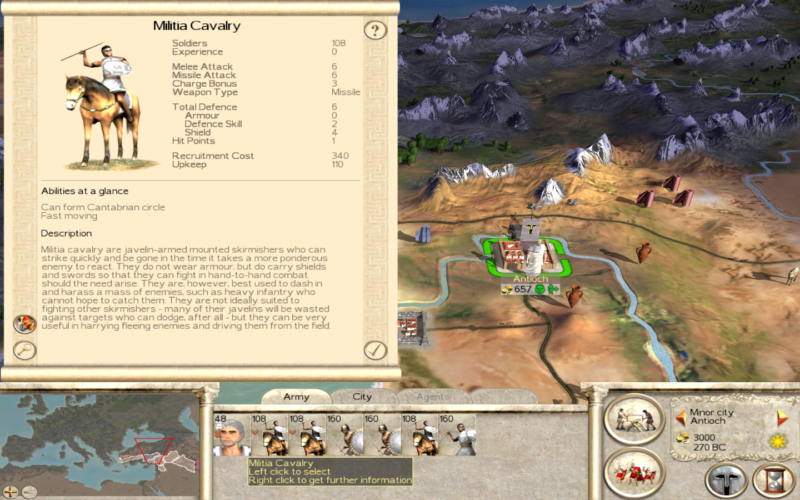
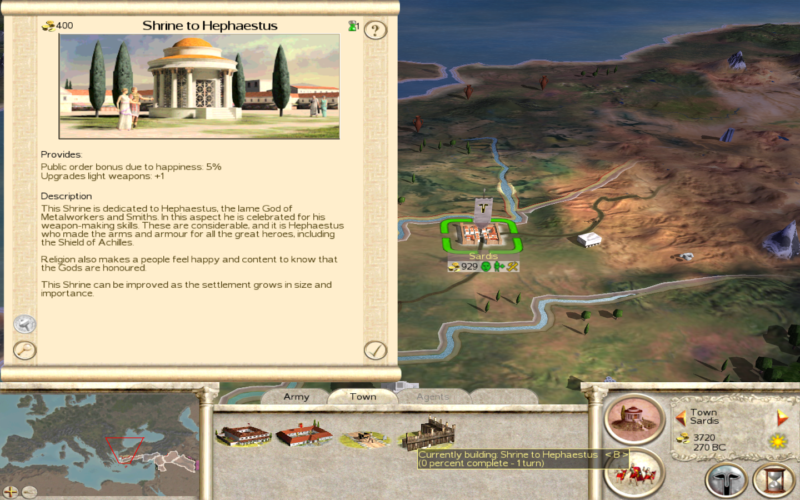
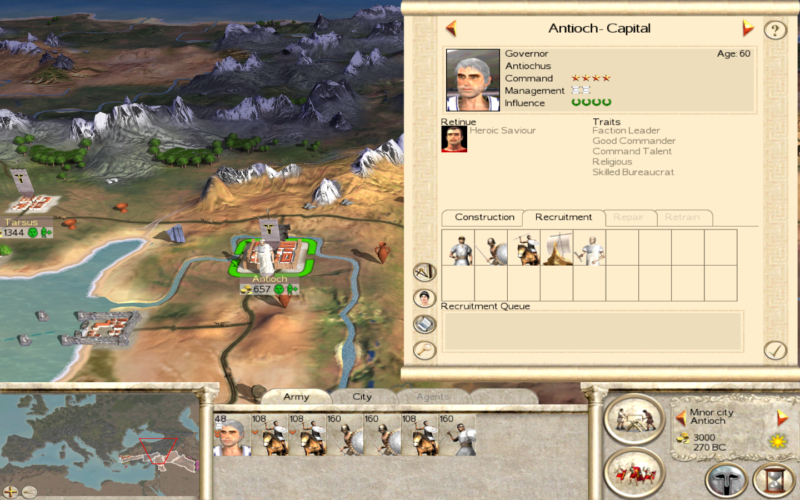
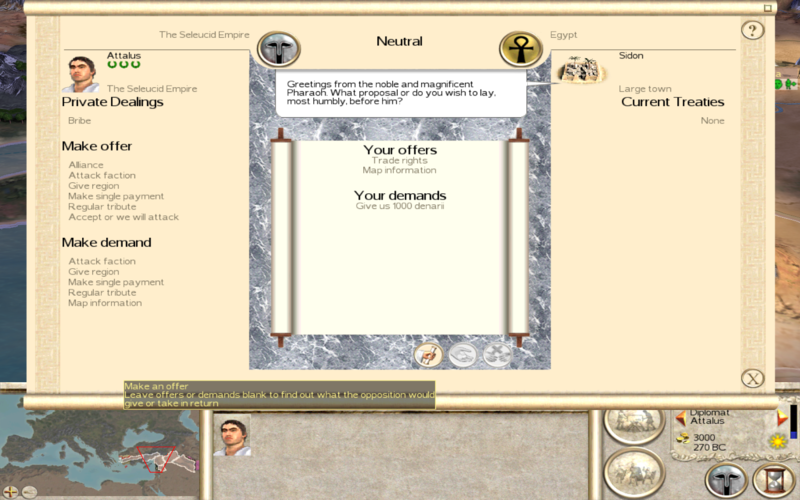

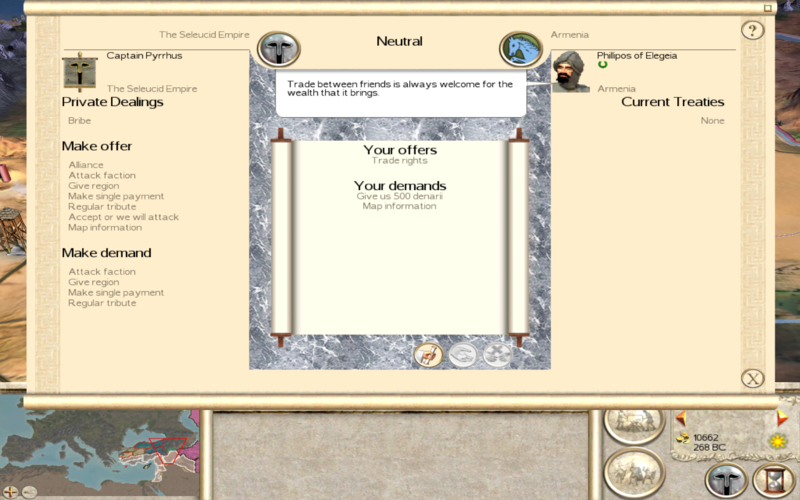
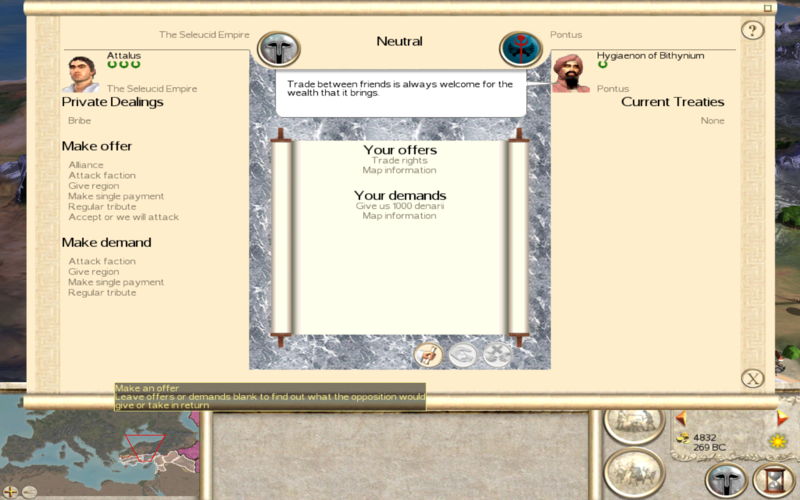
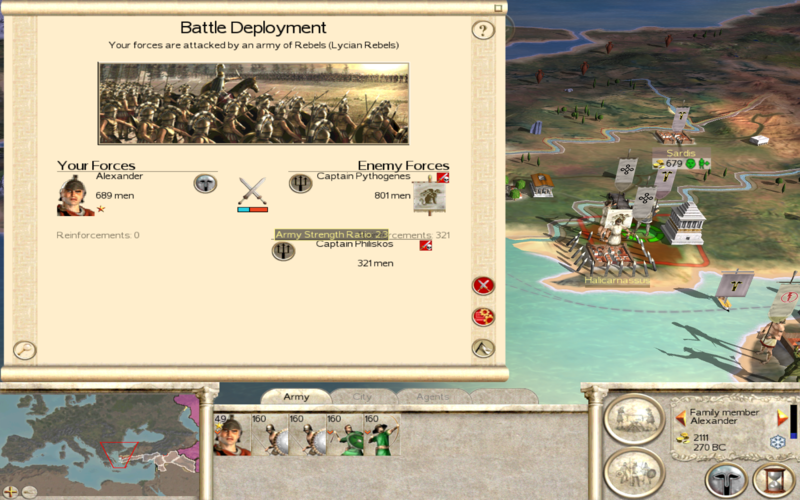
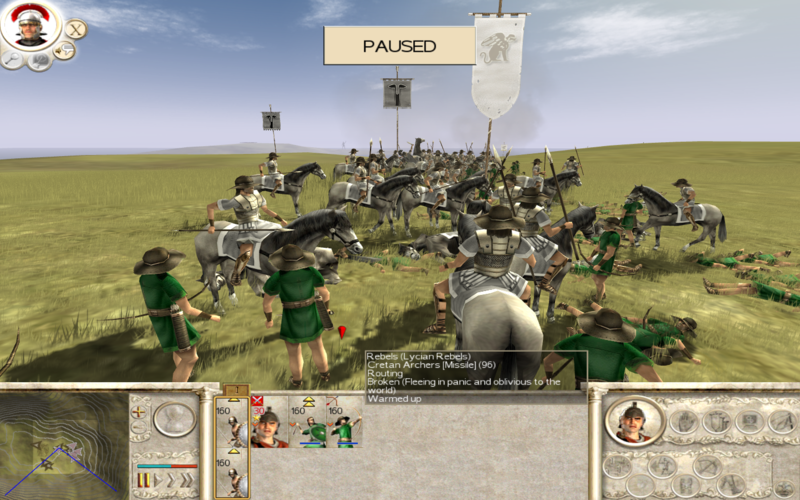
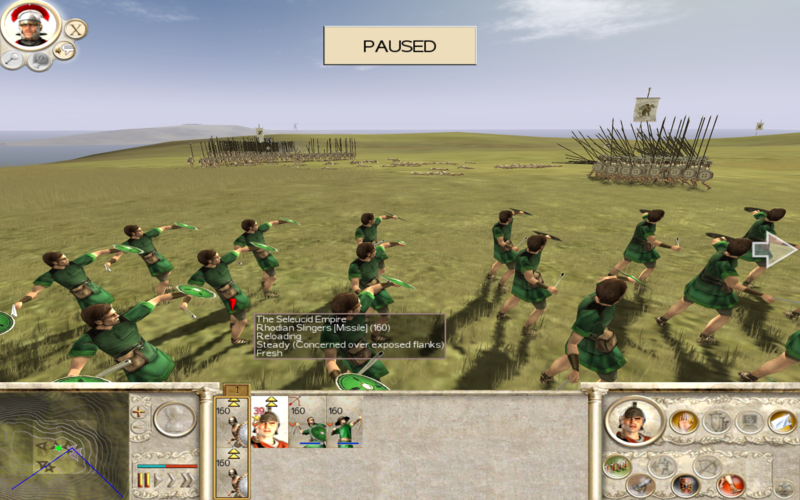
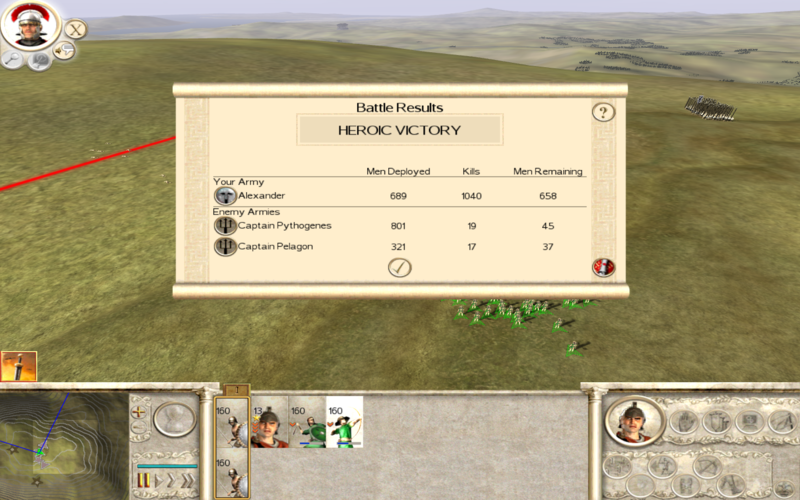
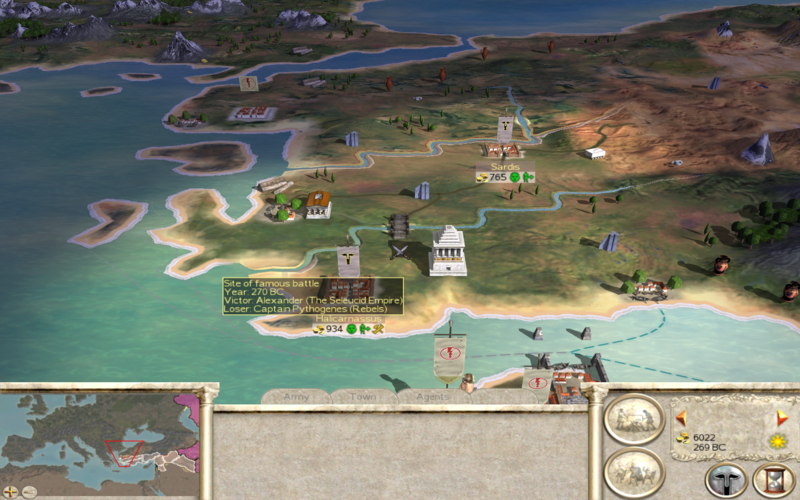
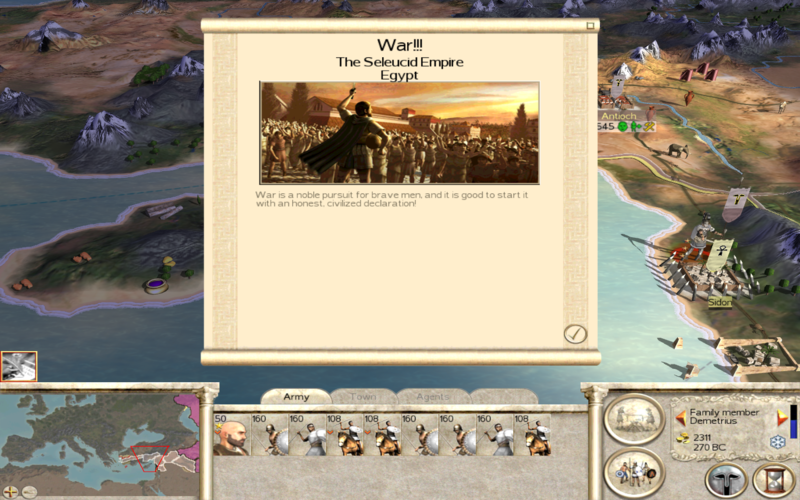
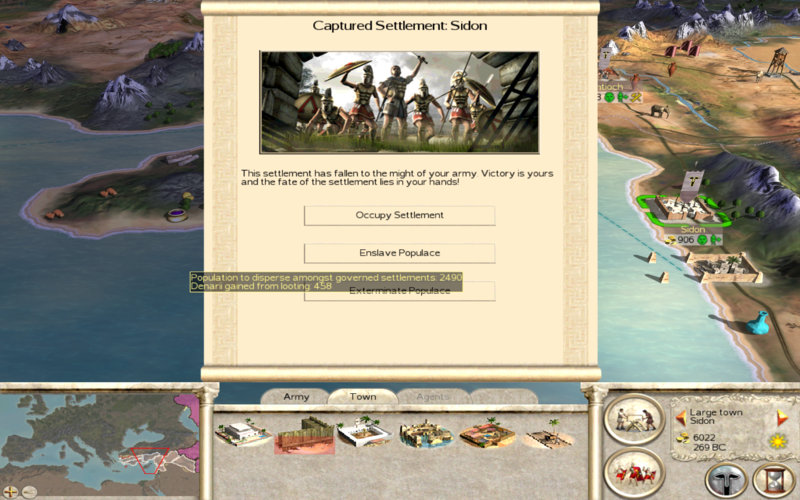
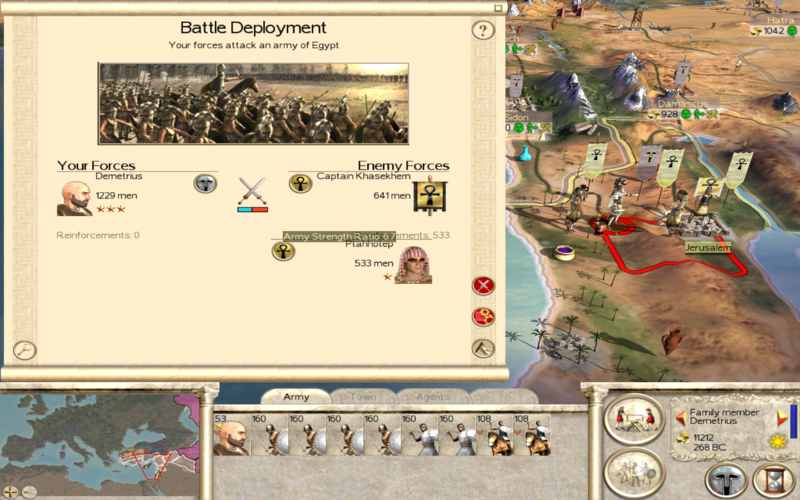
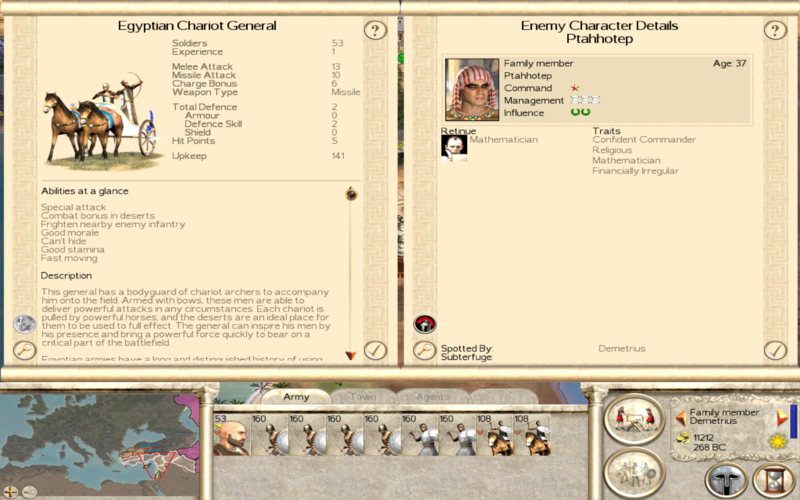
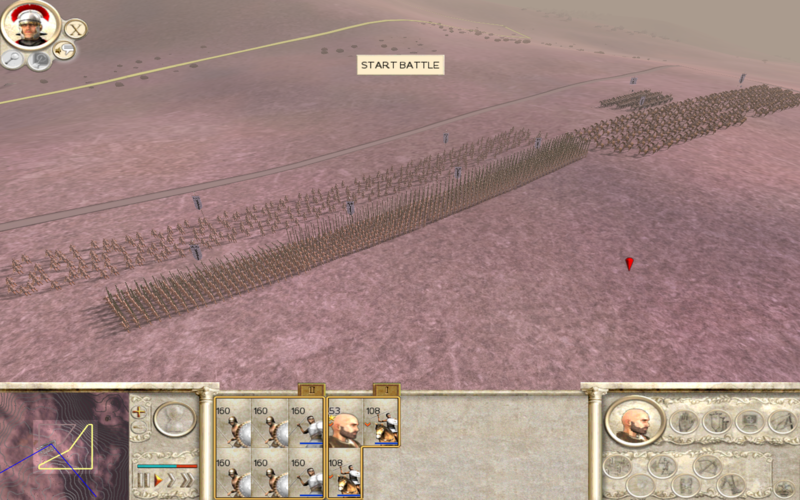
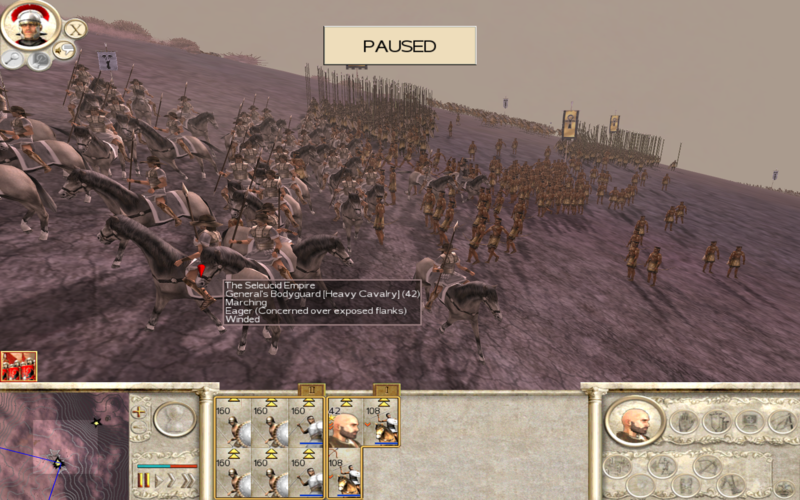
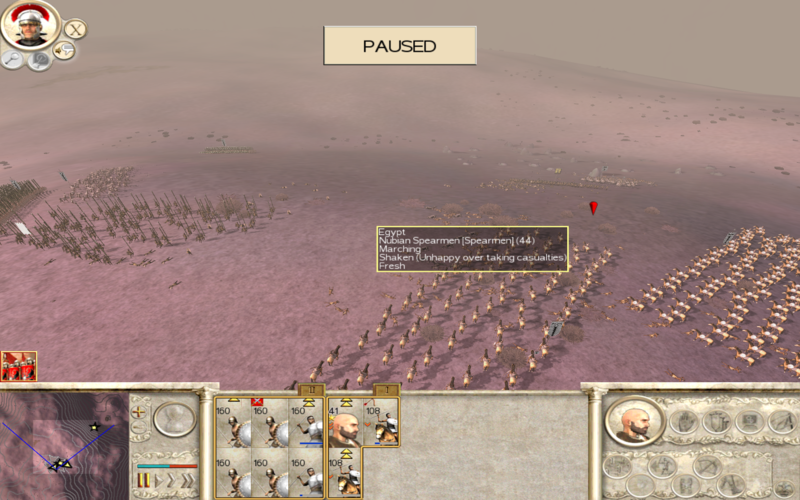
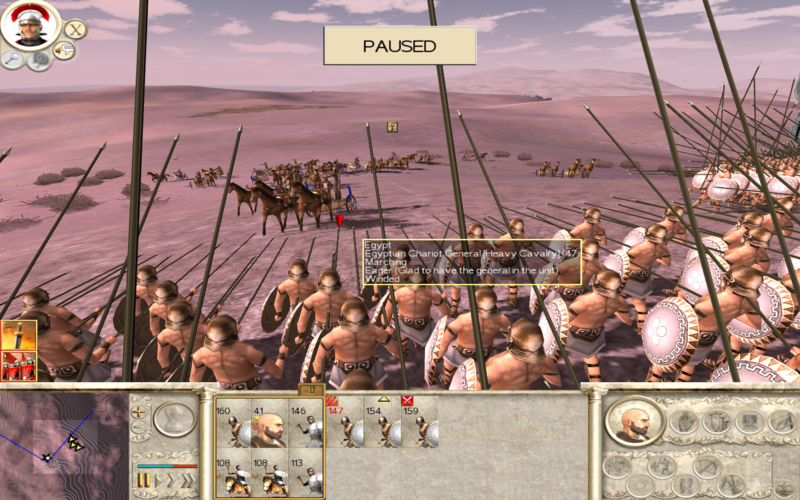
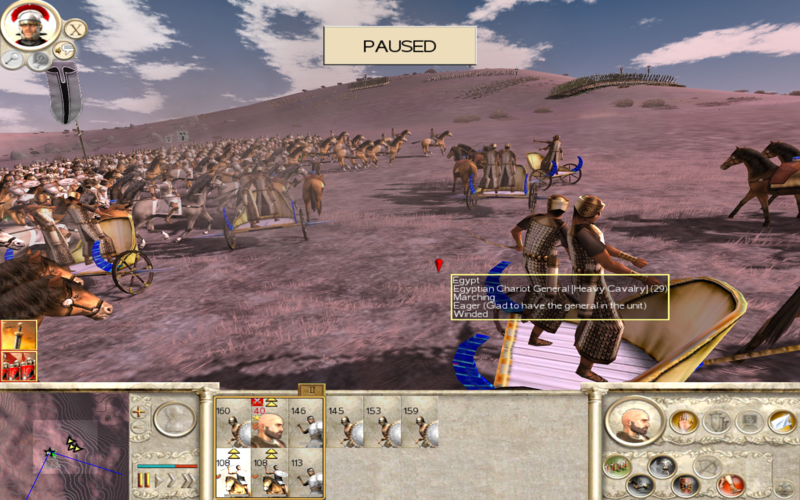
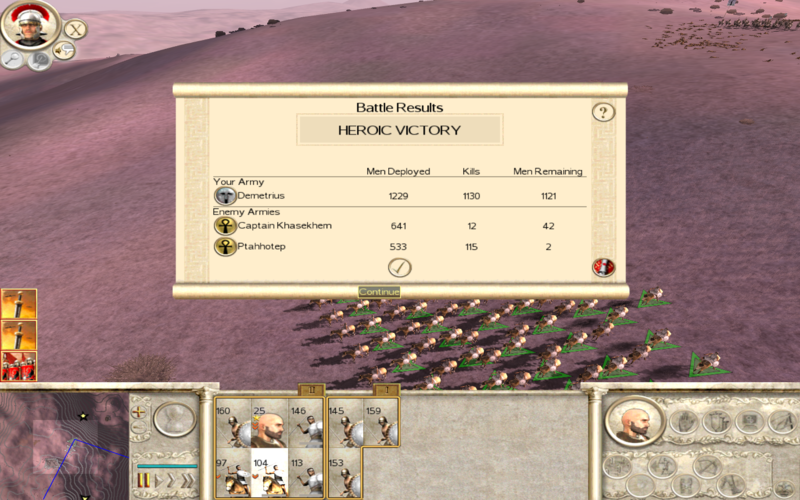
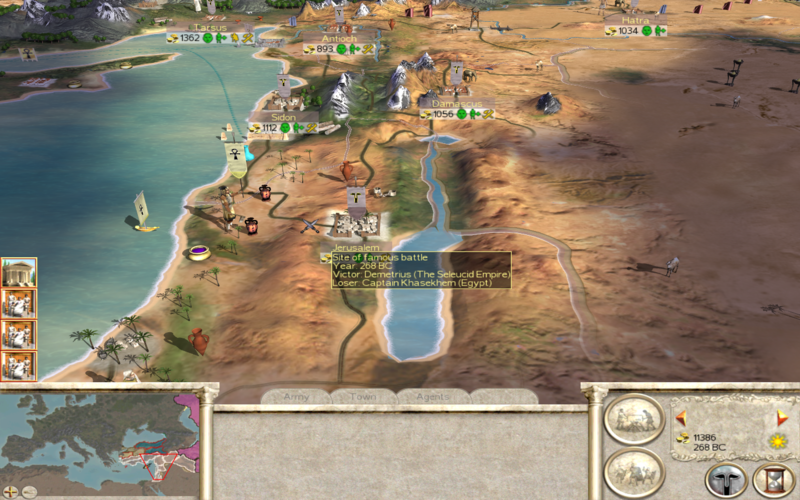
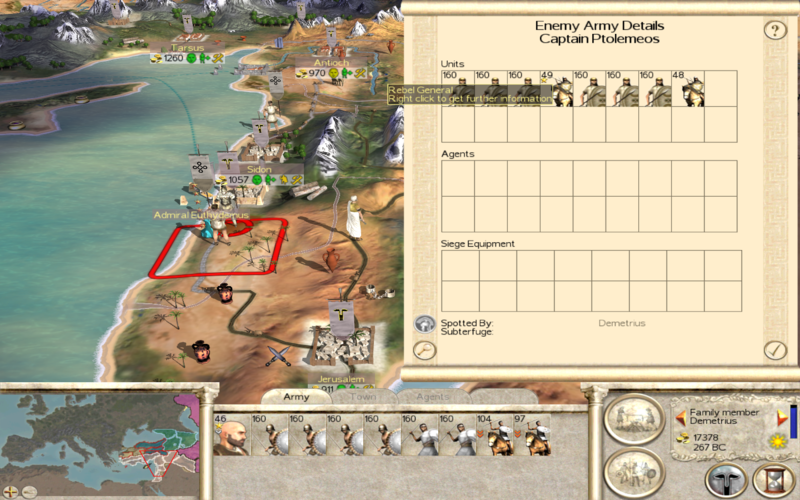

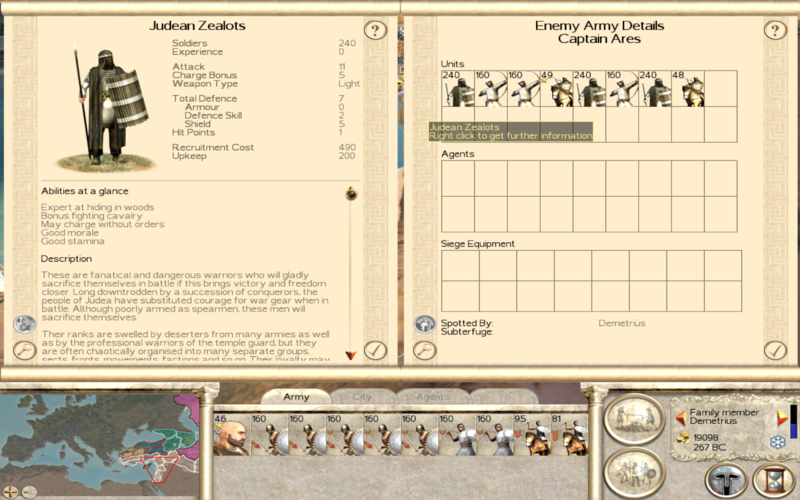

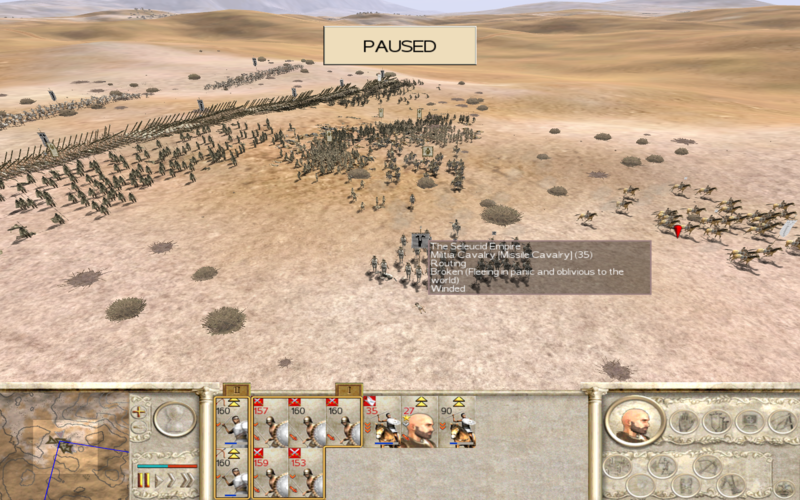
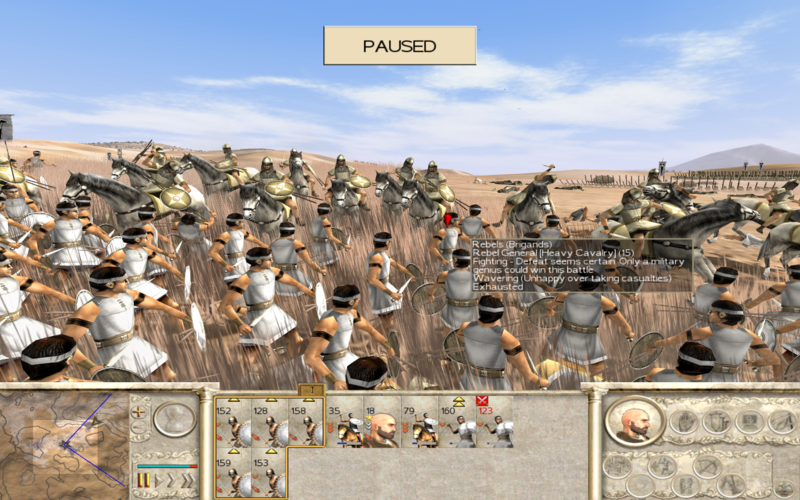
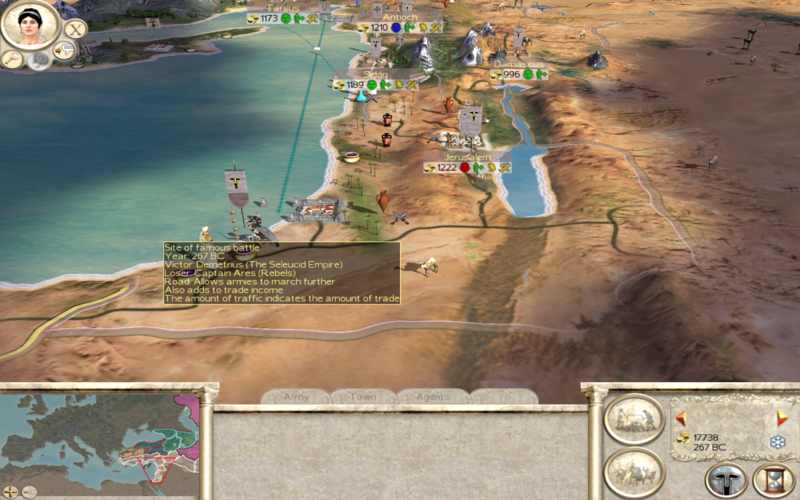












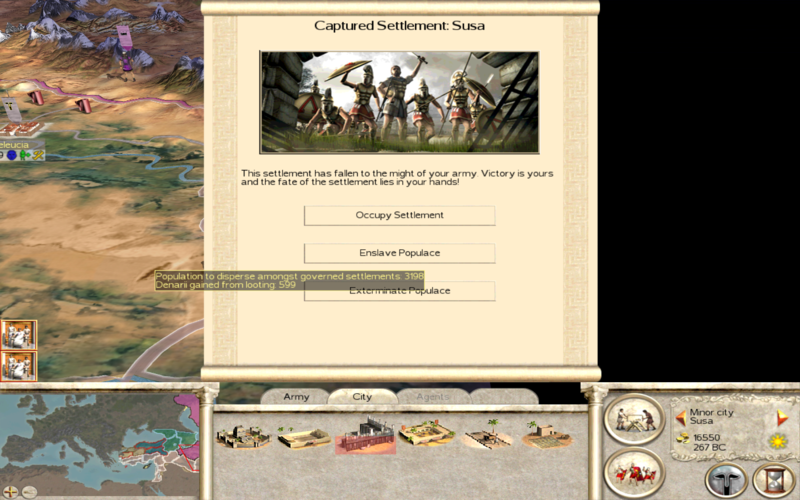
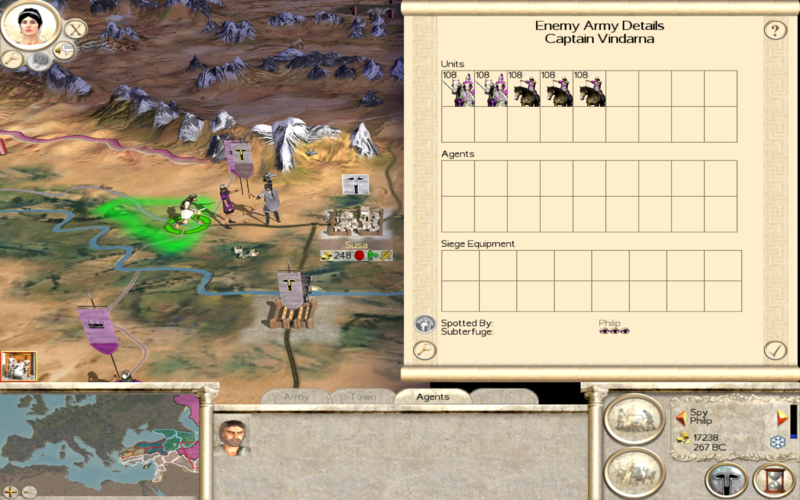
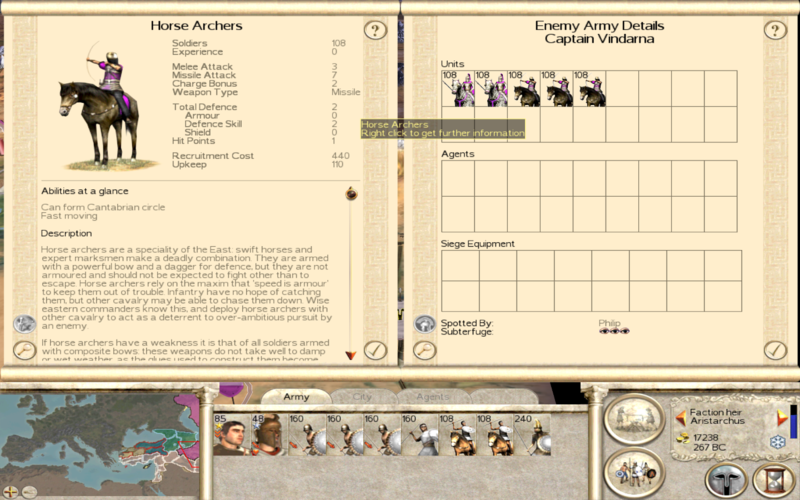
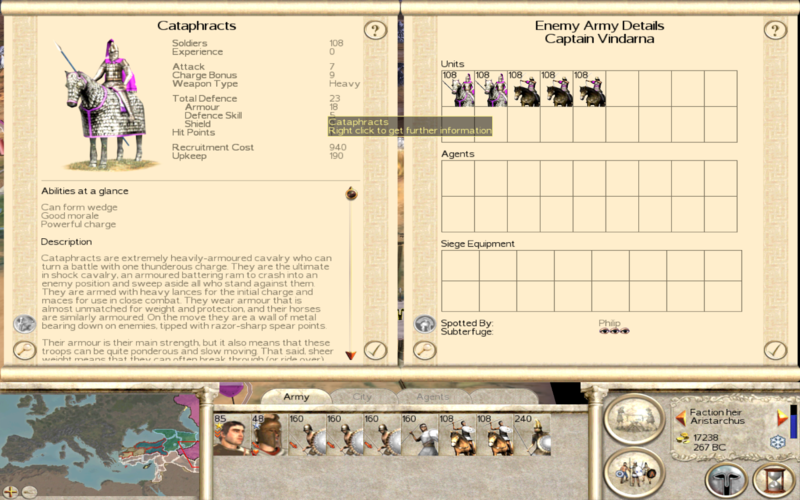
 [SPOILER]
[SPOILER]